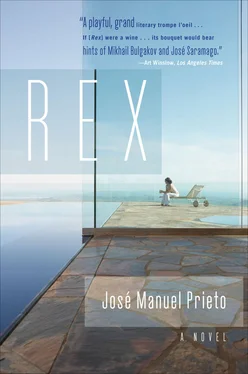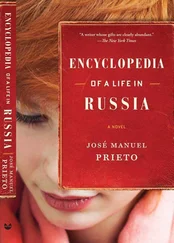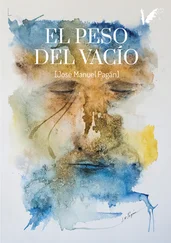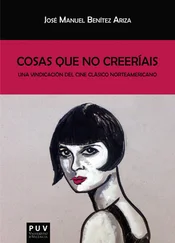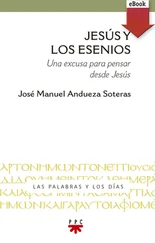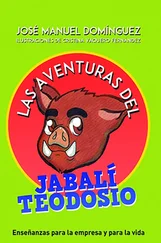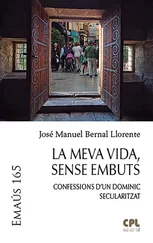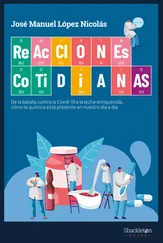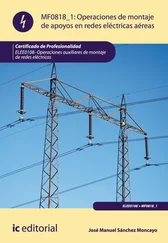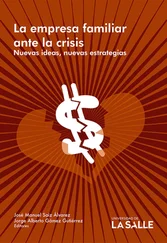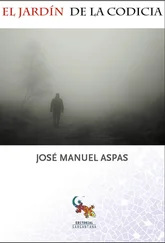(For this, Petya, is where the principal lines of the Book arrive at their confluence: that of gravity and that of time.)
Only now do I understand, only now have I succeeded in explaining to myself his figure standing motionless in the center of the room, his surprise as he watched everything spinning slower and slower: Astoriadis’s fork poised in midair, Lifa’s apple cheeks, Batyk’s bilious eyes, and the tedium in yours, Petya, as you waited for the moment of your escape to the sea, the shock in his wife’s face, the three phases or moments it took me to understand what was happening before my eyes. All of us going, diluting into a single gray movement.
He didn’t run toward that curtain but conducted himself with unfeigned grandeur: he approached it in the natural evolution of its orbit, moving unhurriedly, with reserved, noble, majestic gestures. He put out his hand and broke through the iridescent sheet that churned around his index finger. He tested the substance it was made of, the thickness of that panel or curtain, and fully understood what was before him.
11
Time for the individual self or time in itself: biological time or physical time, the Commentator wouldn’t have thought twice about fatiguing us with such matters. Whereas the Writer, in modesty and with infinite intelligence, didn’t hesitate to return to an old title, a combination of words already used by another writer, and simply typed out: time machine.
The brief pastiche he inserted in the Book as a divertissement, a ploy, a way of charging that title, that phrase, with a new meaning. He imagined, he tells us, that a certain minor writer, a bourgeois by the surname of Menard (a Frenchman), understood one afternoon, after long meditation, how and in what way to repeat the work of the English author H. G. Wells.
But not by the procedure of imitating his life, reproducing his raptures over Morris’s bibliographic gems, his rejection of the prolix Jugendstil , his calisthenic defense of Swiss gymnastics: all his manias explored, his every irascible thought codified, incarnated, in a word. A procedure that Menard (in the Writer) would reject as far too easy. “Impossible, rather!” the reader will exclaim, etcetera. Something richer and more brilliant by far was what the Writer had in mind, more worthy of his unique and astonishing imagination: the expedient of rewriting page for page, word for word, two chapters of that Book. So that now, easily legible, enclosed in that simple title, The Time Machine , we have the Writer’s more subtle reading, different, brimming over with new meaning, dictated by a new and scientific understanding of time.
To read instead — where our Englishman had simply written The Time Machine —this combination of words: physical artifact, vehicle in which to cross through the puff pastry of the years in the ridiculous aim of quarreling with the Morlocks of the future, redeeming the Eloi and other such trifles. In the Writer’s Menard this phrase assumes a new meaning, an unprecedented nuance: time machine.
In the mind of the reader who wonders: in what way is this machine of his constituted? What is its internal structure? How does this machine generate time? What puts it in motion? Readings far ahead of their time, the brilliant treatment of new concepts: event horizon, spatial rupture or singularity, stalled light, unstable stars .
12
I understand now that this is what was happening. But at that moment, in the midst of the party, my mind rejected this explanation as fanciful (or as too literal, you’ll say). Though I took it in immediately, with a single glance, intuitively. I understood what your father was preparing to do, how he discarded the possibility of escaping, entering into this infinity that was opening out before him, time gliding by in ever more widely spaced stretches or portions, the hand-lettered panels of the centuries, the painted screens of the days, the rune-covered shades of the hours opening up, sliding silently on their oiled tracks, at every turn of the machine.
How in the end it slowed and grew still — time. Its panels came smoothly to a stop, floating and glittering before him like some sort of large window that he looked through and saw, in amazement, the dull gleam of nontime. The flickering doorway, the entrance through which he could escape, flee from the assassins, disappear as if by magic from the Castle, from Marbella, and he chose not to do it.
Worthy, I mean. Saved, I mean. His inner workings as a great scientist reassembled. A great scientist who rejects with profound repugnance the mere idea, the urgency of hiding. He renounced it because the slumbering king who dwelt within him had listened to me with utmost attention. The Book had done its work in his breast. The emotion I saw in his face, the triumph and the truth of the Writer in the cry he let out this time, the words he uttered, from Aristophanes: I walk in air and contemplate the sun! I walk in air and contemplate the sun!
13
The Writer’s sumptuousness, the always noble characters who people his pages, the slow intonation, the poise with which he introduces the theme of rescued honor, recovered dignity, the skill with which he places it before the reader’s eyes. The majestic style of that part of the Book, the fantastic final climax, its tone and vehemence demanding something more than a calm reading as you sit there in your armchair: demanding that you jump up, toss the Book aside, raise your eyes and say: I believe!
And again: I believe!
Fist and ax falling upon you, forcing you to exclaim that no other faith, no other Book: For I testify unto every man that heareth the words of the prophecy of this book, If any man shall add unto these things, God shall add unto him the plagues that are written in this book: And if any man shall take away from the words of the book of this prophecy, God shall take away his part out of the book of life …
Isn’t it truly great and terrible, Petya? Don’t you see the strength and conviction, all his passion in this? Not a book to entertain us, the kind of book the Writer says justifiably that he could write thousands of. A unique Book: the book of life.
And furthermore this: Margarita and the Master fly; Habundia, queen of the fairies, flies; the archangel Gabriel rises through the air. A certain dubious taste there, but the Writer never let himself be stopped by a minor and trivial obstacle like taste. What is taste? Is it in good taste for a Frenchman to spend twenty-seven years in prison and then emerge from that pouch of time to fall, immensely rich, among his enemies in order to kill and take revenge? Is it in good taste for a German, in the flower of his youth, to make a bargain with the devil, sell his soul to the evil one, and then flee and repent and rue the day? Is it in good taste to imagine a country in South America where it rains for four years without stopping and the dampness is so terrible that fish swim through the air in the rooms of houses and careen, gasping, among the cobwebs on the ceiling?
I repeat: the Writer certainly never let himself be held back by a minor obstacle such as taste. Am I to be held back? To open my mouth and introduce so petty and commentaristic a reservation at the very moment I felt my feet lifting from the ground, my eyes glued to your mother’s, breathing through her mouth?
14
I caught a glimpse of you, Petya, during a brief pause in the party when the high tide of the dance grew still for a second and then diminished until it flowed out in retreat, washing the last guests out of the garden. I caught a glimpse of you in your scarlet moiré cape. Floating for a second next to the front gate, going, I instantly divined, toward the sea, having adopted — the Book in your heart here, too — the sea that inundates its pages.
Читать дальше
